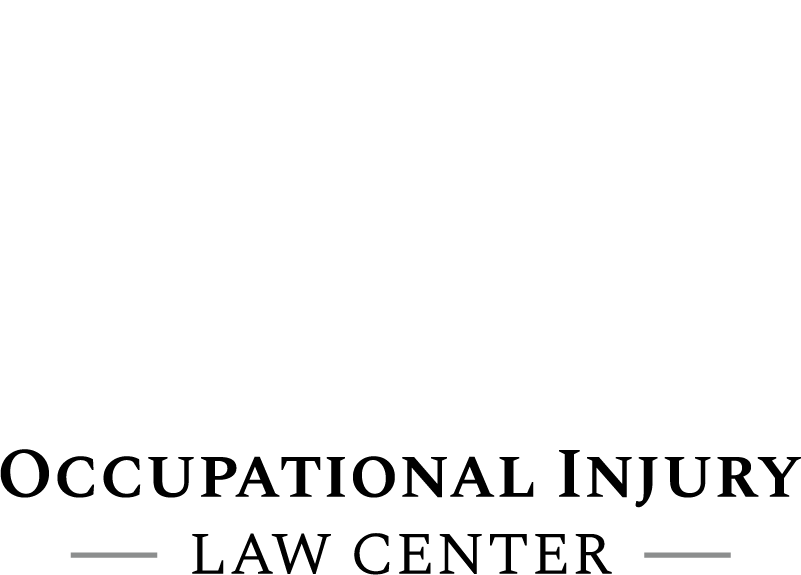Any type of injury to your brain, such as a concussion, requires immediate medical attention. Neglecting to receive care as quickly as possible can result in additional damage and long-term complications.
The best way to know if you have a concussion is to visit a local hospital. Your doctor will run a variety of tests, such as an MRI and CT scan, to determine the extent of your injury.
There are many signs and symptoms of a concussion, including:
- Feeling of extreme pressure in your head
- Severe headache
- Confusion
- Memory loss
- Ringing in the ears
- Nausea
- Vomiting
- Fatigue
- Delayed response time, such as when asked a question
When do symptoms set in?
This is different from one person to the next, with some experiencing symptoms right away and others feeling fine for a few hours or days before taking a turn for the worse. Some of the many symptoms that often show up hours or days later include:
- Sleep problems
- Memory and concentration concerns
- Sensitivity to noise and light
- Personality changes
- Smell and taste disorders
- Depression
If you receive immediate treatment, your medical team can implement a plan for helping you make a fast and full recovery. However, if you wait, you’re making it more difficult on yourself to recover.
In the event of a workplace accident causing your concussion, report the incident to your employer as soon as possible. You should also share information on your injuries. Taking these steps will lead you toward filing a claim for workers’ compensation benefits. This money will help you financially during the recovery phase. If your claim is denied, an experienced attorney can help you file an appeal.

